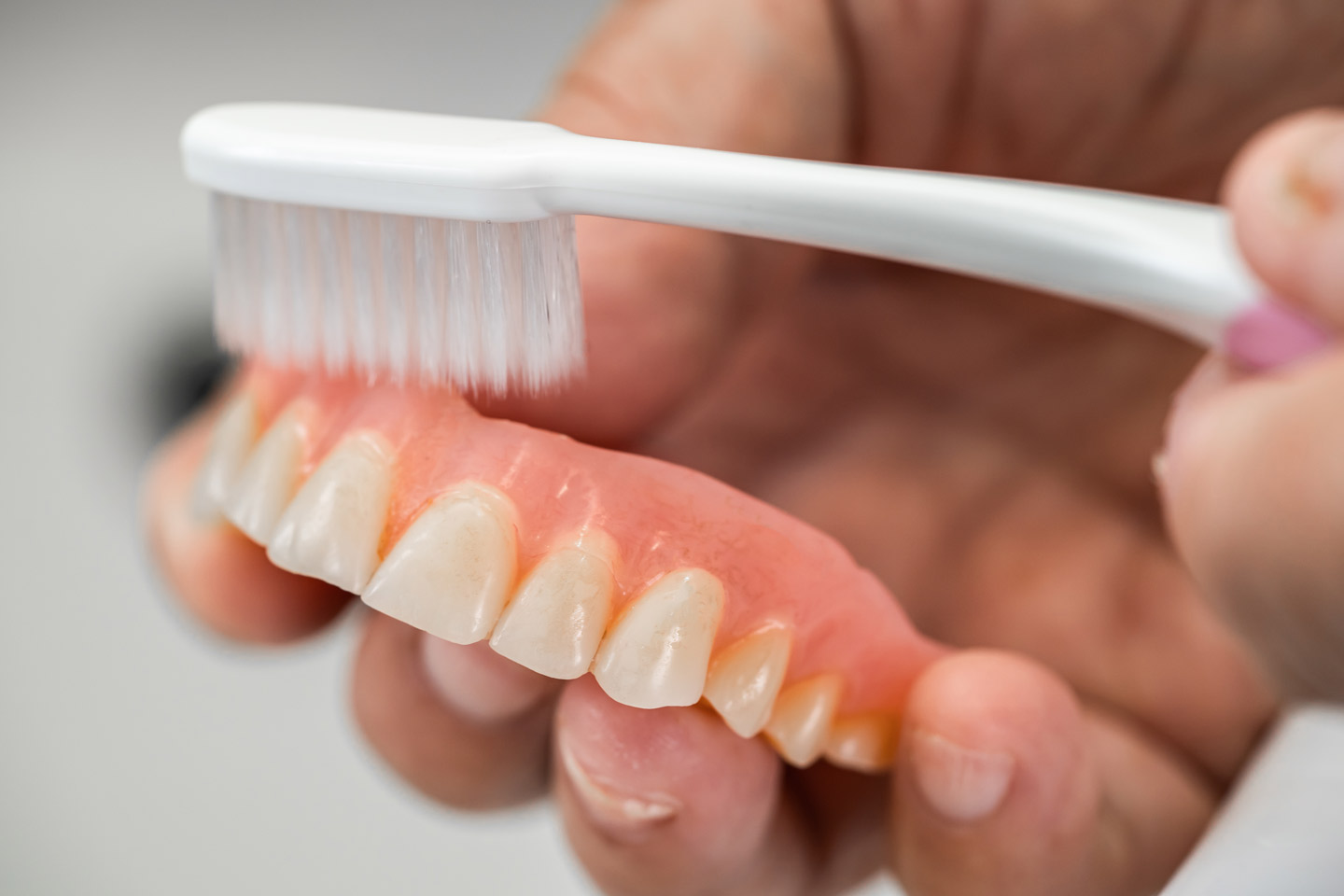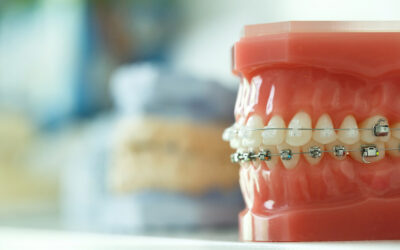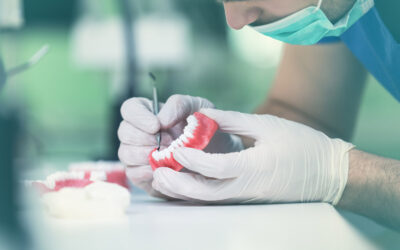How to Remove Tartar From Dentures Instantly? Expert Guide

Understanding Tartar Buildup on Dentures
Tartar, also known as dental calculus, is a hardened and mineralized form of dental plaque that accumulates on teeth and dentures alike. It forms when plaque, a sticky film of bacteria, mixes with minerals present in saliva. If not addressed promptly, tartar buildup can lead to gum inflammation, bad breath, and other oral health issues.
The Importance of Regular Denture Cleaning
Proper denture cleaning is pivotal to maintaining the longevity and hygiene of your dentures. By incorporating consistent cleaning routines, you can prevent tartar from adhering to the denture surface, ensuring a bright and healthy smile.
Step-by-Step Guide to Instantly Remove Tartar
1. Gather Your Supplies
Before you begin the tartar removal process, gather the necessary supplies:
Denture Brush: Use a brush specifically designed for dentures to avoid damaging the surface.
Denture Cleaner: Choose a non-abrasive denture cleaner that effectively breaks down tartar without harming the denture material.
Warm Water: Use warm water to soften the tartar for easier removal.
White Vinegar: A natural remedy known for its tartar-dissolving properties.
2. Remove Loose Particles
Gently rinse your dentures under warm water to dislodge any loose food particles or debris. This step prepares the dentures for deeper cleaning.
3. Soak in Denture Cleaner
Follow the instructions on your chosen denture cleaner and soak the dentures as recommended. This allows the cleaner to penetrate and weaken the tartar buildup.
4. Brush Thoroughly
Using a denture brush, gently scrub the denture surface. Pay extra attention to areas with visible tartar buildup. Brushing helps dislodge the remaining tartar and prevents its reattachment.
5. White Vinegar Solution
Create a solution by mixing equal parts of white vinegar and warm water. Submerge your dentures in this solution for about 15-20 minutes. The acetic acid in vinegar helps dissolve tartar and disinfect the dentures.
6. Rinse and Inspect
After soaking, thoroughly rinse the dentures under running water to remove any traces of vinegar. Inspect the dentures to ensure all visible tartar has been successfully removed.
Preventive Measures to Avoid Tartar Buildup
Apart from regular cleaning, adopting preventive measures can significantly reduce tartar buildup on your dentures.
Maintain Good Oral Hygiene
Brush your dentures daily using a soft denture brush and mild denture cleaner. Additionally, brush your gums, tongue, and the roof of your mouth to eliminate bacteria that contribute to tartar formation.
Remove Dentures at Night
Give your gums and mouth a rest by removing your dentures before sleeping. This practice allows your oral tissues to recover from the pressure of wearing dentures throughout the day.
Attend Regular Check-ups
Visit your dentist as recommended to monitor the condition of your dentures and receive professional cleanings. Dentists have the expertise to detect early signs of tartar buildup and address them effectively.
Stay Hydrated
Drinking plenty of water helps maintain saliva production, which plays a crucial role in preventing tartar accumulation.
FAQs
Does vinegar remove tartar from dentures?
Vinegar may help remove tartar from dentures due to its mild acidic nature. Soaking dentures in a vinegar solution might help, but regular use can damage them over time.
Will vinegar damage dentures?
While vinegar can aid in tartar removal, excessive use can harm dentures. The acidic properties of vinegar might weaken the material and affect their appearance and functionality.
Will baking soda remove plaque from dentures?
Baking soda is abrasive and might help remove some plaque from dentures. However, it’s essential to use it gently to avoid scratching or damaging the denture surface.
How do dentists soften tartar?
Dentists typically use professional tools like scalers to soften and remove tartar during regular cleanings. They may also use ultrasonic devices to break down and remove tartar buildup.
How do you dissolve hardened tartar?
Dentists use specialized tools to dissolve and remove hardened tartar during cleanings. These tools effectively break down tartar without harming the teeth or gums.
Does salt water soften tartar?
Salt water can help to some extent in softening tartar, but it’s not as effective as professional dental cleanings for complete tartar removal.
Can lemon remove tartar?
Lemon’s acidic properties might aid in softening tartar, but it’s not a recommended method due to potential enamel damage. Professional dental cleanings are safer and more effective.
Does anything dissolve tartar?
Professional dental cleanings are the most effective way to dissolve and remove tartar. Dentists use specialized tools and techniques to safely eliminate tartar buildup.
What kills tartar?
Tartar can be effectively addressed through regular dental care practices like brushing, flossing, and professional cleanings. Following a consistent oral hygiene routine helps prevent tartar formation.
Conclusion
Incorporating a consistent denture cleaning routine and following preventive measures can effectively combat tartar buildup, ensuring your dentures remain clean, fresh, and free from oral health issues.
By following these steps, you can enjoy the benefits of a dazzling smile and optimal oral well-being.



